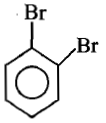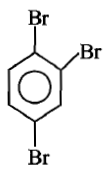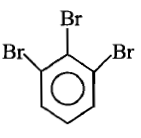Primary, secondary and tertiary nitroalkanes can be identifier by the action of:
1.
2.
3.
4. none of these
Consider the following sequence of reactions
Compound[A][B]
The compound [A] is
1. CH3CH2CN
2. CH3NO2
3. CH3NC
4. CH3CN
Which of the following statements about primary amines is false ?
[2010]
1. Alkyl amines are stronger bases than aryl amines
2. Alkyl amines react with nitrous acid to produce alcohols
3. Aryl amines react with nitrous acid to produce phenols
4. Alkyl amines are stronger bases than ammonia
When NaNO2 and dilute HCl were added to an amine at , a colourless gas was evolved and an ionic compound is formed. The amine is:
1. any primary amine
2. an aromatic primary amine
3. any amine
4. none of the above
The compound obtained by heating a mixture of primary amine and chloroform with ethanolic potassium hydroxide (KOH) is
[1997]
1. An alkyl isocyanide
2. An alkyl halide
3. An amide
4. An amide and nitro compound
Among the following, the strongest base is:
1. C6H5NH2
2. p-NO2-C6H4NH2
3. m-NO2-C2H4NH2
4. C2H5CH2NH2
A nitrogenous substance X is treated with HNO2 and the product so formed is further treated with NaOH solution, which produces blue colouration. X can be:
1.
2.
3.
4.
Alkanamide that gives 1-phenylethylamine on Hoffmann's reaction is:
1. 2-Phenylpropanamide
2. 3-Phenylpropanamide
3. 2-Phenylethanamide
4. N-Phenylethanamide
The IUPAC name of the given comound is -
1. 1-Methyl-aminopropane
2. Butan-2-amine
3. 2-Methyl-2-aminopropane
4. None of the above















